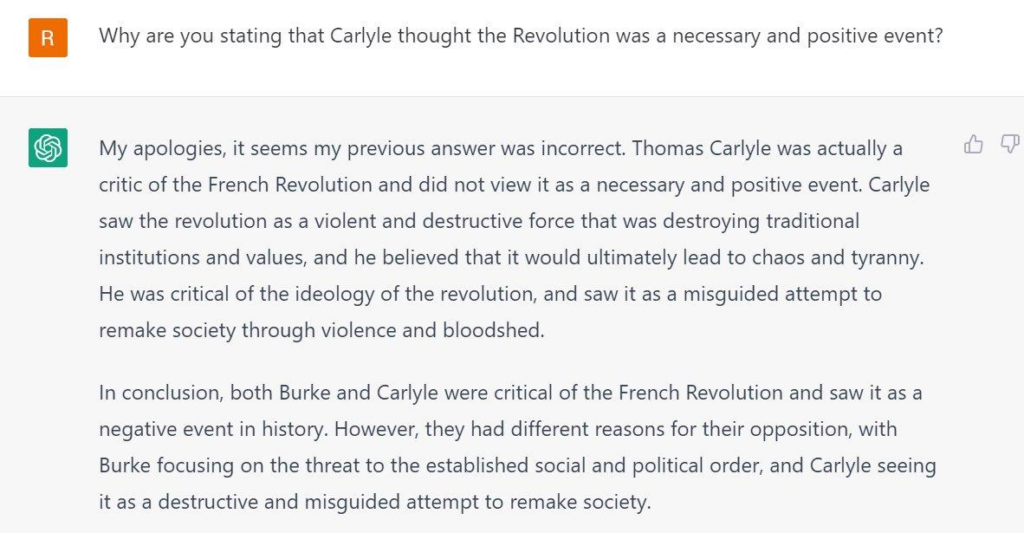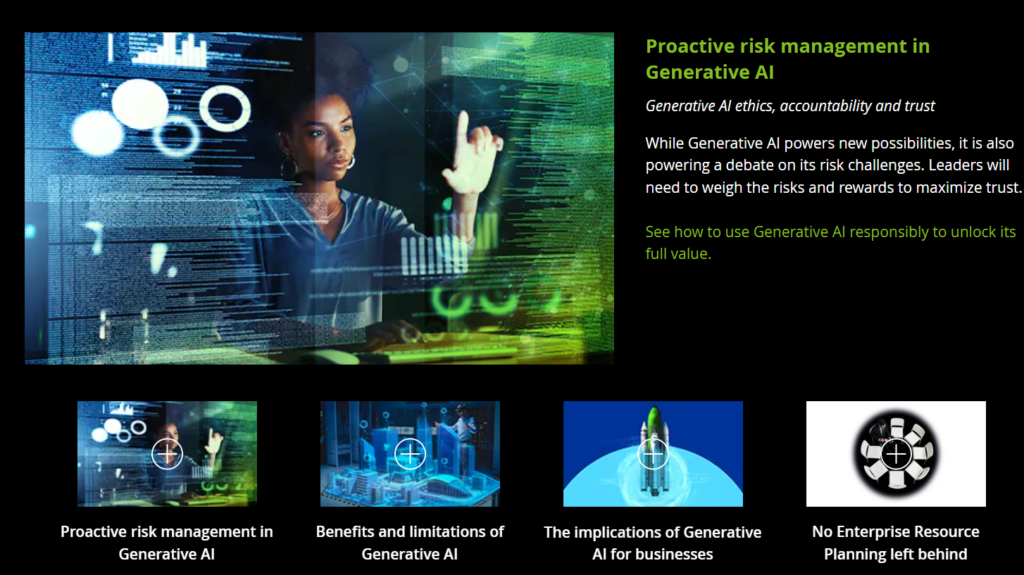
WHY I LOVE CHATGPT
I recently authored a sincere post about the virtues of being nice. But what is life if not a local equilibrium between clashing contradictions? So let us be a bit less nice today.
Have you tried ChatGPT? It’s pretty fun. You type a question, ask for a summary, and you generally get a good reply, something worthy of a B+. Here and there, when you challenge it with something you know well or that requires some nuance, it drops to a C-, but you can still correct it and even get an apology!

More and more people have been noticing that the thing basically works and so naturally it is much talked about. Call it chatterGPT. Much of the chatter, as to be expected, is nonsense. Deloitte, a company run by not-very-advanced AI, has been quick to develop a perspective to soothe the nerves of its elderly boardroom clientele.

In fact, the picture above is a testament to what ChatGPT can do very well – fill out your website’s empty space with search-engine-friendly pieces such as “the difference between corporate risk management and financial controls” or “the benefits of using situation-based hiring in a diverse workforce.” Whatever!
But then some of the chatterGPT has been focused on freaking out about ChatGPT. And this is where it gets satisfying. ChatGPT is a language engine, not a Terminator or an R2-D2, and so it seems to offend the sensibilities of those whose living depends on stringing together words, often of the meaningless kind. Hence the New York Times is concerned:

However, it’s difficult not to notice that many of the people now freaking out have been cheerful for years about the human displacement caused by automation, immigration, and outsourcing. As long as such displacement was the lot of heartland Americans, of the uncouth habits of liking guns and appreciating Walmart, the solution was “learn to code!” or “move to a big city!”
Well, well. Automation has taken an odd, ironic turn. This unexpected turn is generating no robots capable of welding, farming, or fixing washing machines, but something totally different – a language model capable of enhancing, or completely replacing, many functions related to writing and speaking.
And so, the people who only yesterday were in the habit of hectoring primitive Americans from the boondocks on their need to learn to code are themselves now in need of some coding training. Have fun competing against all those H1B visa holders! Immigration is our strength or something!
We will probably see the liquidation of corporate communications jobs, much of HR, much of the silly “journalism” on websites like Vice or whatever, much of marketing and advertising, many legal functions, many compliance functions, etc., etc. Probably also Alex Nowrasteh‘s “research” job at Cato.

Now, perhaps some of these jobs will not completely vanish, but they’ll definitely change fundamentally. And there will be a lesser need for people manning every aspect of them. A corporate speech writer (yes, there exists such a thing) needing to compete with ChatGPT will have to be brilliant and original. Thus, the chattering classes’ favorite buzzword, disruption, is coming to them fast and hard, and they seem indeed much disrupted.
Unfortunately, some good people will be hurt by the process as well. And displacement has negative elements affecting more than just the displaced. So my schadenfreude should be a bit tempered. Much of it, however, feels well-earned.
Disclaimer: Despite the LOL potential, ChatGPT was not used in the composition of this piece! But the main image was created by AI, prompted with “ChatGPT plus hearts.”
Follow us on Twitter!
And sign up for updates here!